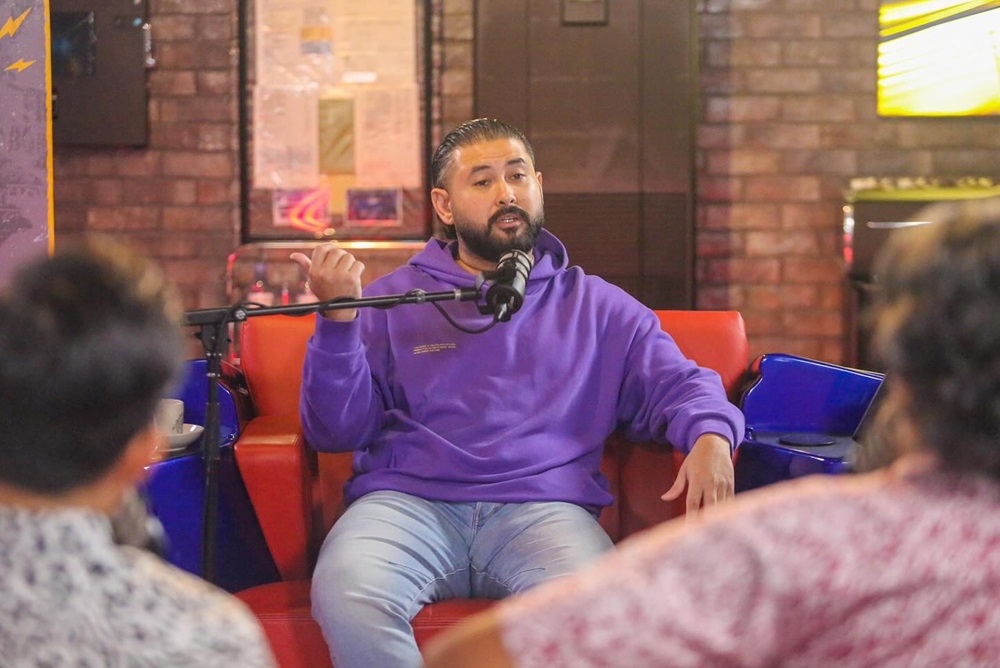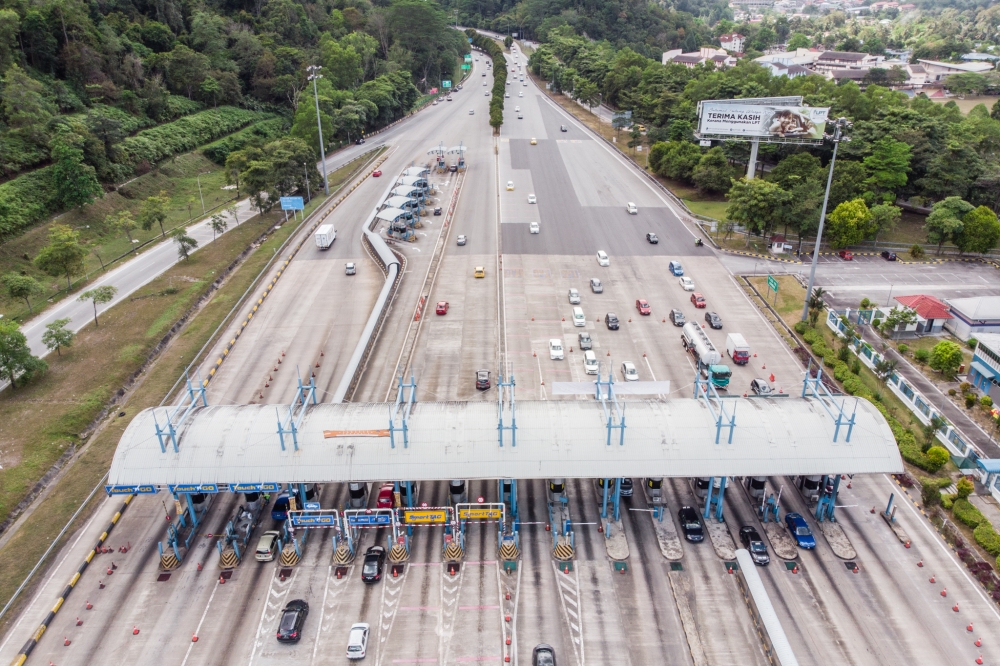KUALA LUMPUR, Oct 30 — Johor Crown Prince Tunku Ismail Ibrahim has today insisted that the royal institution in this country still has a role to play as a check-and-balance mechanism on the political system.
The prince known as Tengku Mahkota Johor (TMJ) also questioned opposition to royalty like him discussing politics, saying the monarchy can still share its knowledge and perspective.
“Why am I not allowed to talk about politics? For me, we do not get involved in politics but in terms of sharing knowledge and perspective, it’s okay.
“I am also a citizen of the country. Why can others talk about the political situation but I can’t? I don’t agree with that,” he told the Keluar Sekejap podcast hosted by former health minister Khairy Jamaluddin and former Umno information chief Shahril Hamdan
“The monarchy, if we look at it, delivers and provides checks and balances towards the political situation in the country,” he added.
Malaysia practises a system of constitutional monarchy where the authority of the Yang di-Pertuan Agong is bound by the Federal Constitution, and exercises his powers on the advice of the prime minister and the Cabinet.
TMJ’s father, Johor Ruler Sultan Ibrahim Iskandar, was recently named as the next Agong starting next year.
Tunku Ismail said in the past, there was a taboo surrounding political discussions among the royal family as the members were expected to remain above politics.
Taking the Middle East as an example, he claimed countries with monarchies were generally more stable in comparison to those that did not have a royal system in place.
“However, it’s crucial to understand that politicians serve the people. When certain things are not benefiting the people, it is our right to voice our opinions,” he added.
Asked on the relevance of the monarchy system by Khairy, Tunku Ismail expressed that the monarchy system remains relevant, but changes are needed.
He said it is crucial for the royals to have closer engagement with the people and this meant going beyond mere ceremonial appearances and actively seeking input from citizens.
“I prefer a relaxed approach, talking to people at local stalls and asking them about their needs because I want to understand how I can assist them.
“In my opinion, we need more interaction with the people. If there’s too much of a gap between us and the people, I don’t blame them for thinking that we’re not doing enough because they may not be aware of our contributions,” he said.



















